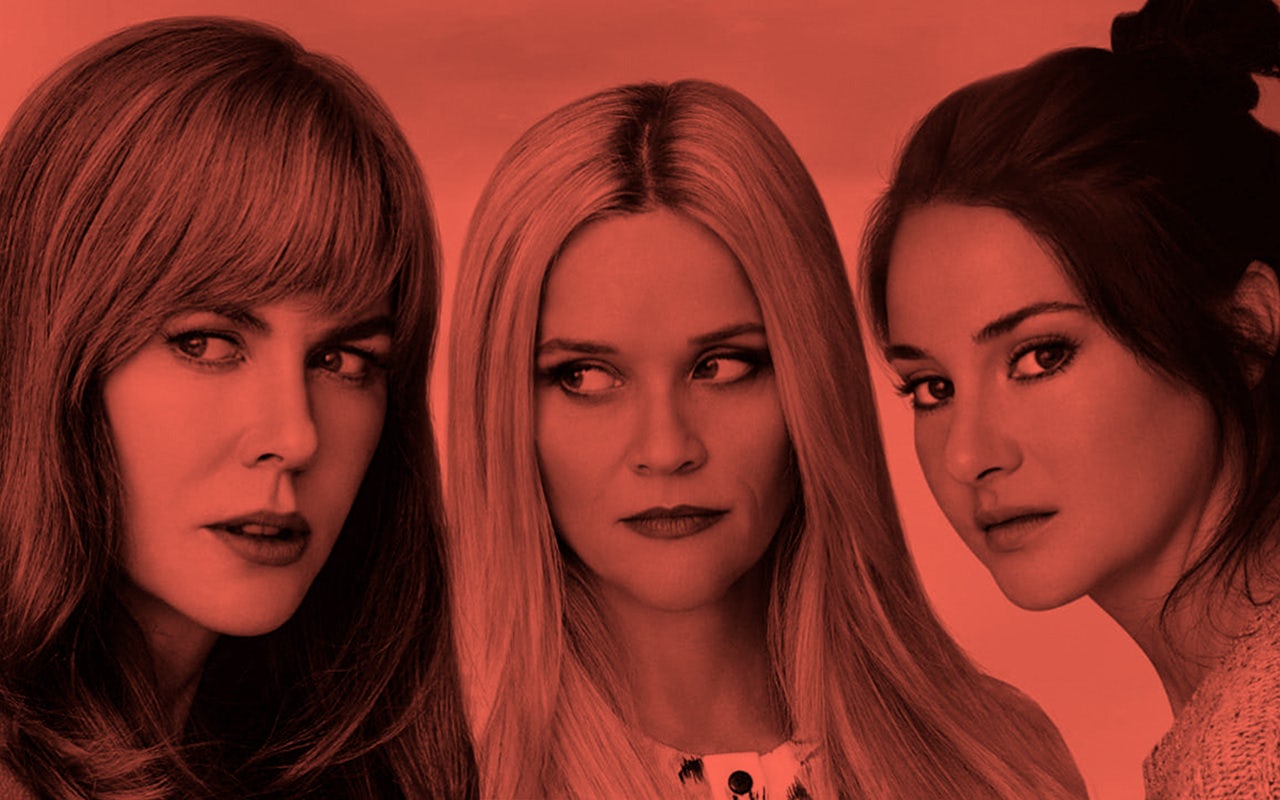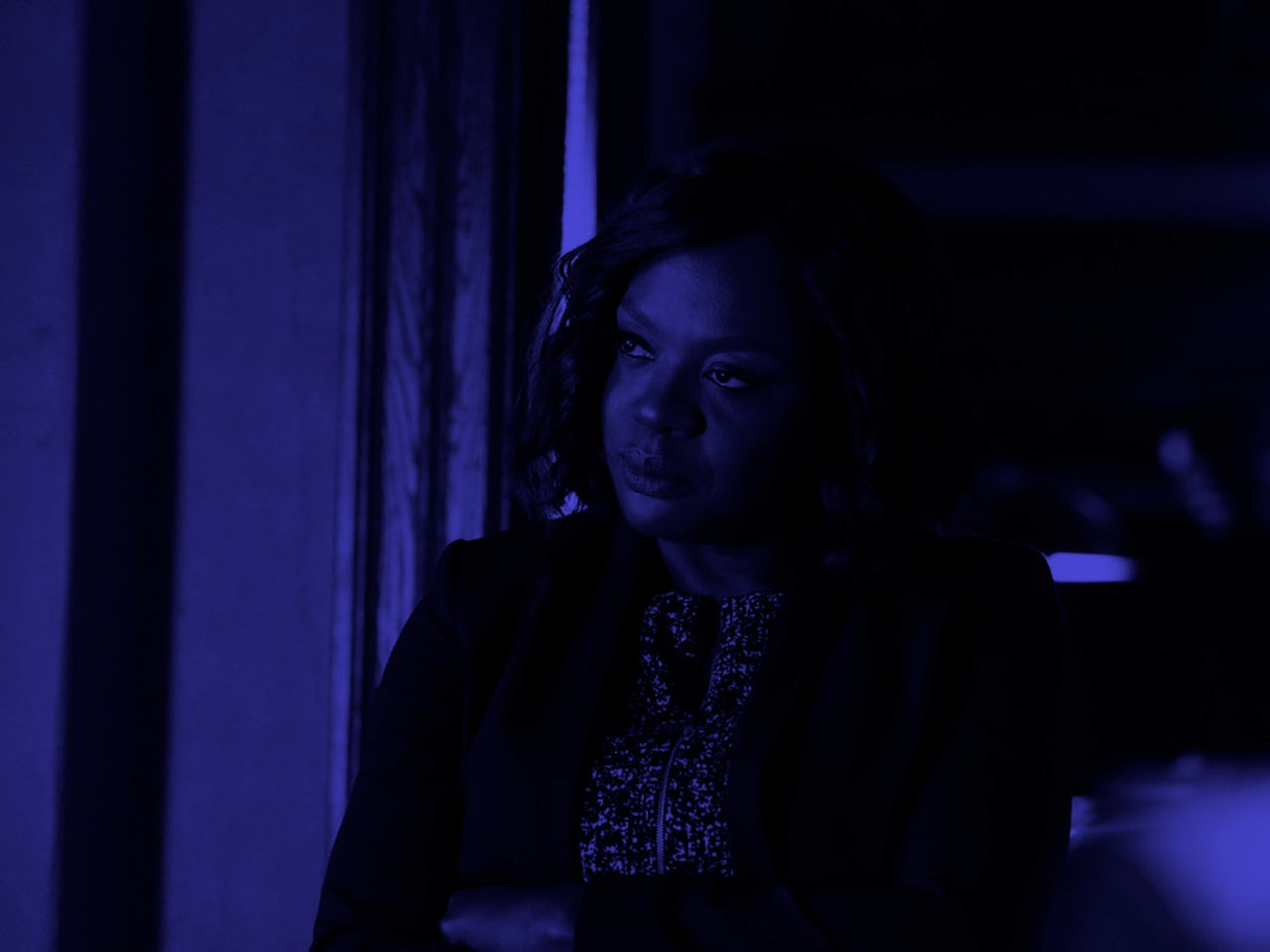It’s no accident that the mothers on the HBO series Big Little Lies are mothers to children in their first days of first grade. If the seven-episode show centers on any single “problem” — other than the obvious fact of what appears to be a murder, of course — it is wrestling with the shift in identity that happens to many women as they begin to transition toward the proverbial “empty nest.” Without younger children at home during the day, each of the four mothers in the series is faced with the question of who they are. Though many of them are years off from the actual empty nest — when kids physically move out — the hours of the weekday, formerly filled with kids, are newly empty. The beginning of school can be a landmark for mothers, when they discover that, after all, they do still exist outside of their children.
The women of Big Little Lies may have privilege, money, giant houses, and a seeming ability to dress themselves impeccably each morning before 9 a.m., but they’re portrayed with nuance and layers. The premise the show seems to present early on — a laughable little circle of progressive white women in a tucked-away village in California — is not what it is at all. Instead, it is a show that takes stay-at-home mothers, of all ages, seriously.
And that is pretty rare on television.
First, there is Madeline Mackenzie, played by Reese Witherspoon. Her first-grade daughter is not her only child — she is also the mother of a teenage daughter from a first marriage. Her second husband is a dorky computer guy who ambles around the house somewhat aimlessly. Madeline orchestrates small social dramas with other mothers and volunteers at a local production of Avenue Q; everyone, including her husband, clearly thinks she’s off her rocker.
Many of the characters who orbit around Madeline are compelling in their own upper-middle-class white-woman way: Renata (Laura Dern) is a high-powered career mother who is constantly at odds with other mothers over small perceived wrongs, mostly coming from Madeline. Celeste (Nicole Kidman) is especially intriguing: Her relationship with her husband is a terrifying mix of sex and physical violence. In some respects, she is a very stereotypical “battered wife,” claiming some of the responsibility of her abuse, but the complexity with which she is drawn invites us to consider the slow, brutal horror of some relationships. She gave up her law career to raise twins but in a recent episode admits to Madeline that “it’s not enough” — “it” being her children; she wants her own identity back. Jane (Shailene Woodley) is a young, single mother who is the most obviously troubled of the group: She is haunted by near-constant, harrowing flashbacks of her past, and it all comes back to her 6-year-old fatherless son.
It’s easy to write a lot of this off: Privileged mothers who don’t have enough to do with themselves get into trouble. But Big Little Lies excels at exploring what exactly does become of women who “have it all.” As it turns out, most things aren’t simple for them, either. The show presents a world where being a mother is not a job so much as it is a full-time identity that threatens to slip away at every turn. Though the women of Big Little Lies still have children who are quite young, the years are slipping quickly away. In the character of Madeline’s eldest daughter, who is on the verge of graduating from high school, we see how easily children can become adults and go from being part of a mother’s identity to just another foil in life.
The fact of a still-unspecified murder in the community looms, building tension and intrigue as the show progresses. But even without the question of what happened, there’s already more than enough tension to go around because of, well, men. The men in the show, the fathers and husbands, are rarely helpers or positive influences. At best, they seem reluctantly in their wives’ corners, rolling their eyes at what they perceive to be silly games and dramas. At worst, they are violent, shadowy figures standing in the way of safety and self-actualization. The best men on the show are sort of bumbling idiots who don’t do much, taking up air and barely cobbling together dinner. The worst are actually evil. And the most recent episode, “Once Bitten,” makes this explosively obvious: Men are harmful, almost always.
The one exception seems, interestingly, to be Renata’s husband, who is a calm, cool, but still formidable counterpart to her over-active, helicopter parenting. A good spouse, if you will — though there are still two episodes remaining in which he could reveal fangs of his own.
What’s remarkable is how deftly Big Little Lies conveys that reality for many American women: not simply that men are terrible but that they often don’t serve much of a purpose in a world that is made of and revolves around women and children. A world where, in fact, maybe not that much has changed since the 1950s: Even though more women work outside the home than ever before, in the U.S., they still do the lion’s share of housework and parenting. The show is unabashedly about one version of that world, and yet the male characters are still there, lurking and threatening to pull everything apart at the seams.
Though it remains to be seen who dies and at whose hands, the lesson of Big Little Lies so far is that for a woman in whatever stage of life, and especially as a mother, there is not much escape or relief from middling men. Still, the show’s women do progress, and are progressing, in spite of the men standing in their way. Each moves toward greater self-knowledge, at some points literally: Celeste relentlessly grasps at realization in therapy; Jane runs toward the identity of her assaulter; Madeline considers a car crash, which may or may not be a true wake up call for her. And even Renata, who is for the most part excluded from the main grouping of friends, seeks answers as she blunders to the identity of her daughter’s bully. All four, to a great degree, are running full-speed into the identities of those who stand in their way, and into themselves.

